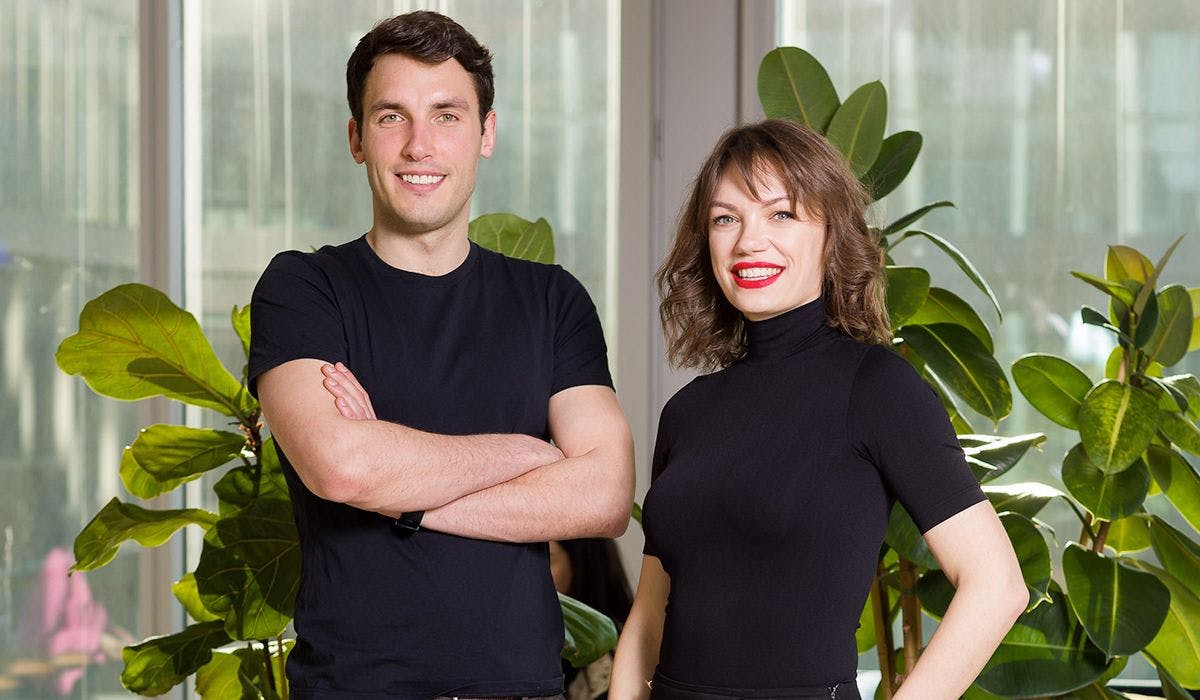258 reads
Startups of the Year 2023: Data Lake - The Startup That Is Improving Access to Medical Research
by
July 19th, 2023
Audio Presented by

We develop and implement cutting-edge technologies to help advance medical research, and improve access to treatment.
About Author
We develop and implement cutting-edge technologies to help advance medical research, and improve access to treatment.
